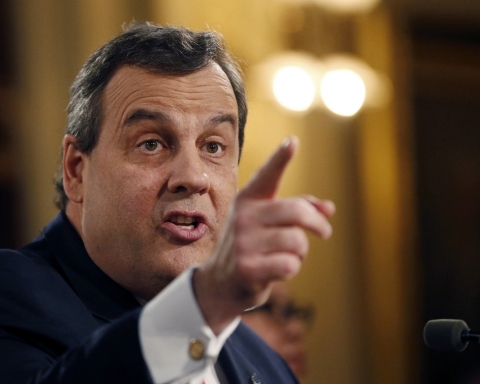This article is a follow-up to my piece about the possibility of an Electoral College tie, available here.
We haven’t had a non-partisan White House since before there was a White House.
George Washington didn’t affiliate with any political party, though his policies and appointments leaned somewhat to the Federalist end of the spectrum. By the time John Adams moved into the White House during his only term in office, the country was well established on the two-party path on which it has stayed to this day.
This is why it’s so baffling to ask ourselves what it would look like to live in a country with a President elected independently of any party, and either a Republican House and Senate, or a Republican House and a Democratic Senate.
Either way, it would raise very serious questions about the institution of the Presidency, the Constitution, and its interaction with the other organs of our government.
First off, if we are considering a presidency that begins with a tie in the Electoral College, it will be part of a split administration. Amendment XII to the Constitution dictates that if no party ticket receives a majority in the Electoral College, then the House of Representatives chooses the President from among the top three candidates, and the Senate chooses the Vice President from among the top two choices.
So in any hypothetical, a President McMullin will have to serve alongside a Vice President Tim Kaine, or, more likely, Vice President Mike Pence.
Talk about awkward.
But wait, it gets better. President McMullin will have to do something that arguably only two presidents have had to do: lead the nation without receiving a plurality or near plurality of the nation’s support in a presidential election. Gerald Ford became President in 1973 when Nixon resigned, even though he had only ever been appointed by President Nixon in the midst of scandal and confirmed by a Democratic House and Senate. Andrew Johnson, a more debatable case, became President after Lincoln was assassinated in 1865 after having been elected on a bipartisan ticket in a year when his Democratic Party was thoroughly defeated at the polls.
So suffice it to say, it is a path to power likely to result in a one-term job.
Running for re-election not just as an unelected President like Gerald Ford, but as a surreptitiously elected President is not a prospect for the faint of heart.
Would an incumbent independent President seek the nomination of a major party? Or would he run against both a Democrat and a Republican, counting on winning enough states to repeat the same process that landed him in the White House in the first place? If someone proves that the White House can be won through an Electoral College tie, it creates massive incentives to try it again, and states will quickly realize the power they wield by denying Electoral College majorities.
Aside from the electoral consequences, remember that most aspects of Presidential power depend upon the cooperation of Congress.
Such a President would have no moral mandate to lead, at least in the eyes of most Americans or of Congress. Congress, whether split or united by party, would owe the White House no obligation, either to support or oppose. We have seen Congress support Presidents and oppose them, but we’ve never seen what happens when nobody knows which to pursue.
This is not to say that a third alternative is necessarily worse than the country’s alternatives at this point, but it is rather sobering to realize how much we don’t know about the world outside of parties.










THE ESTABLISHMENT = Politicians from both parties that pretend to oppose each other but secretly agree on all matters in order to keep the status quo. What is the difference in the two parties in Washington DC? Nothing but the rhetoric…They strive to acheive the same things but go about it by using different words and methods. They are opposite wings of the same bird of prey. It doesn’t matter which one is in power at the time because they work together hand in hand to keep their power over the people so they can govern with impunity until the people no longer have a voice and the establishment has total control. Status Quo is important in order to prevent change and having their power challenged. They resent the Constitution because it challenges their collective power and is meant to keep them in check. They think they are above the law and that the government should be the supreme master of the people instead of this being a country governed By The People, Of The People and For The People. In order to have change there must be action taken, otherwise we will pay for our idleness until the government is in control of our every move and we have NO rights, NO freedom and NO way to fight back. Keep in mind the MSM is part of the establishment. They do not always tell you the truth and rarely tells you what you need to know, they tell you what “They” want you to hear, to keep the people divided and push their agenda forward….The only reason the two party system exists is to give you the illusion of choice.